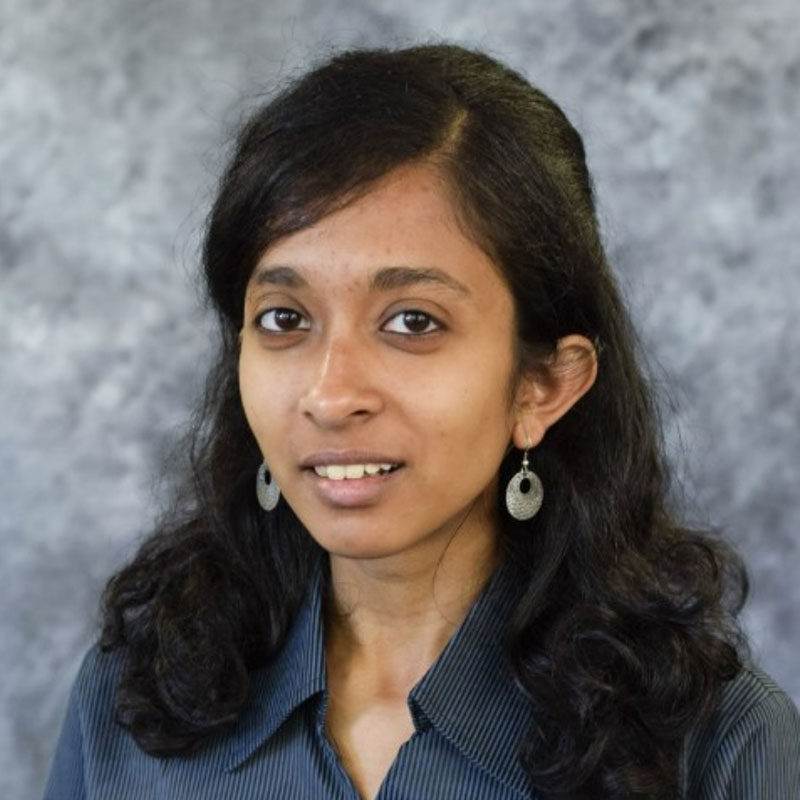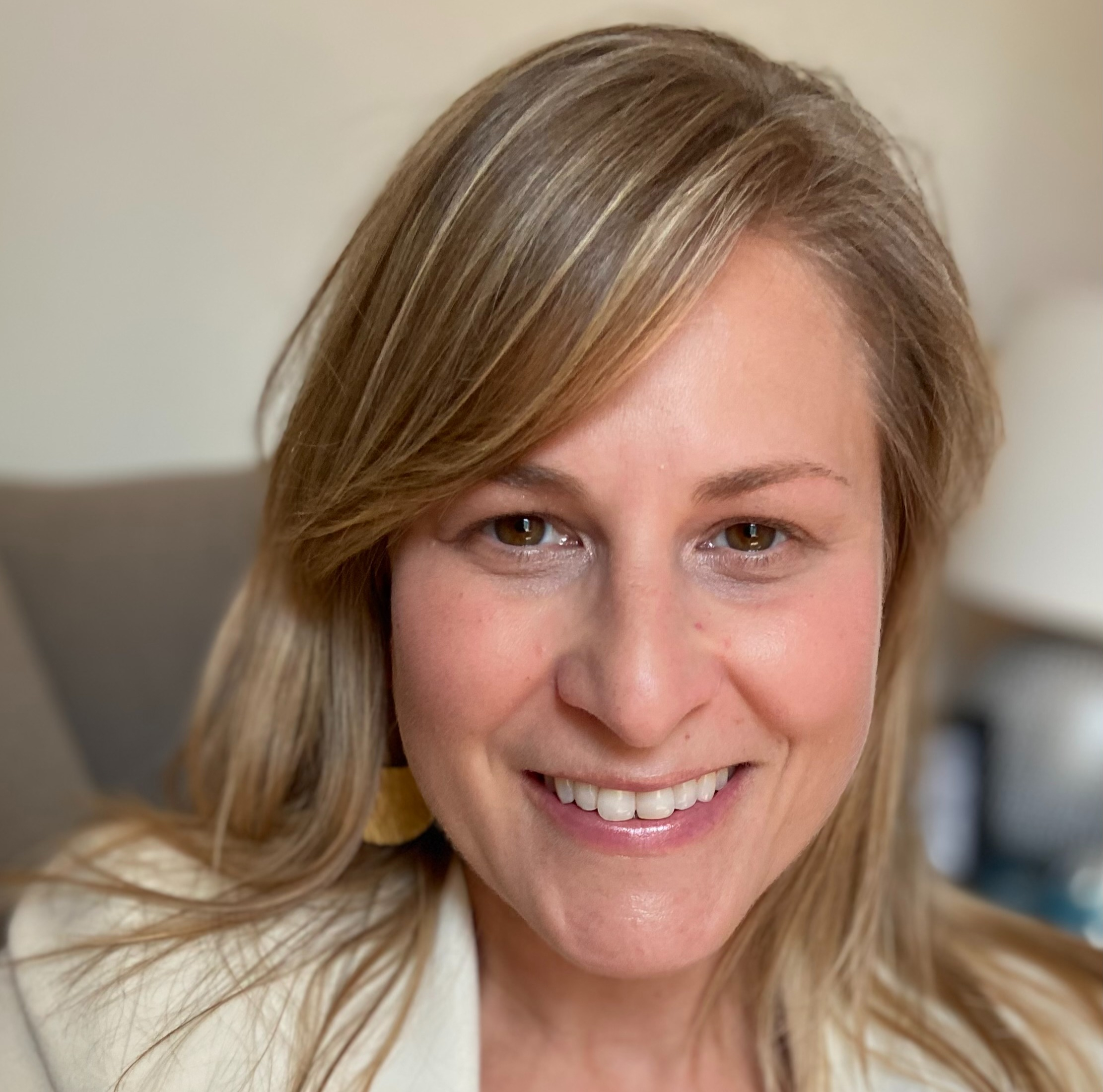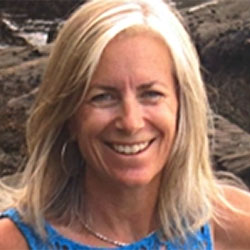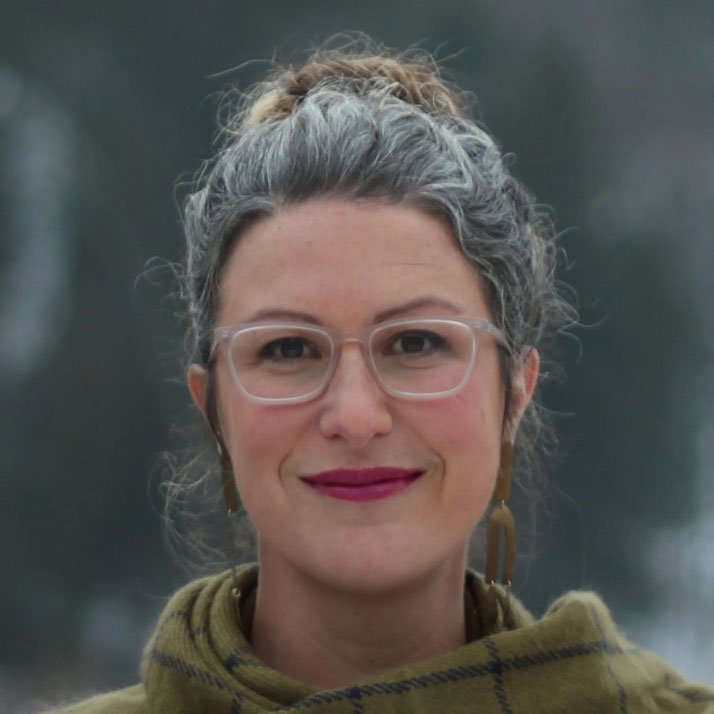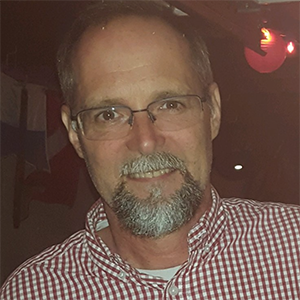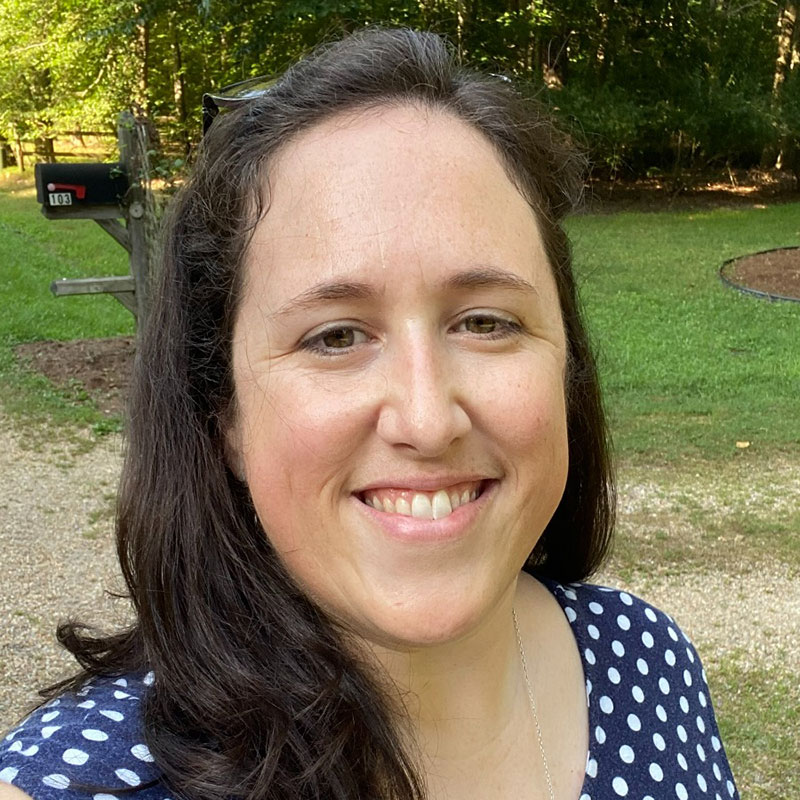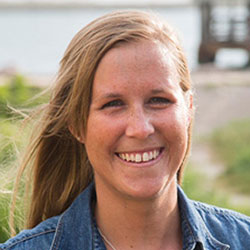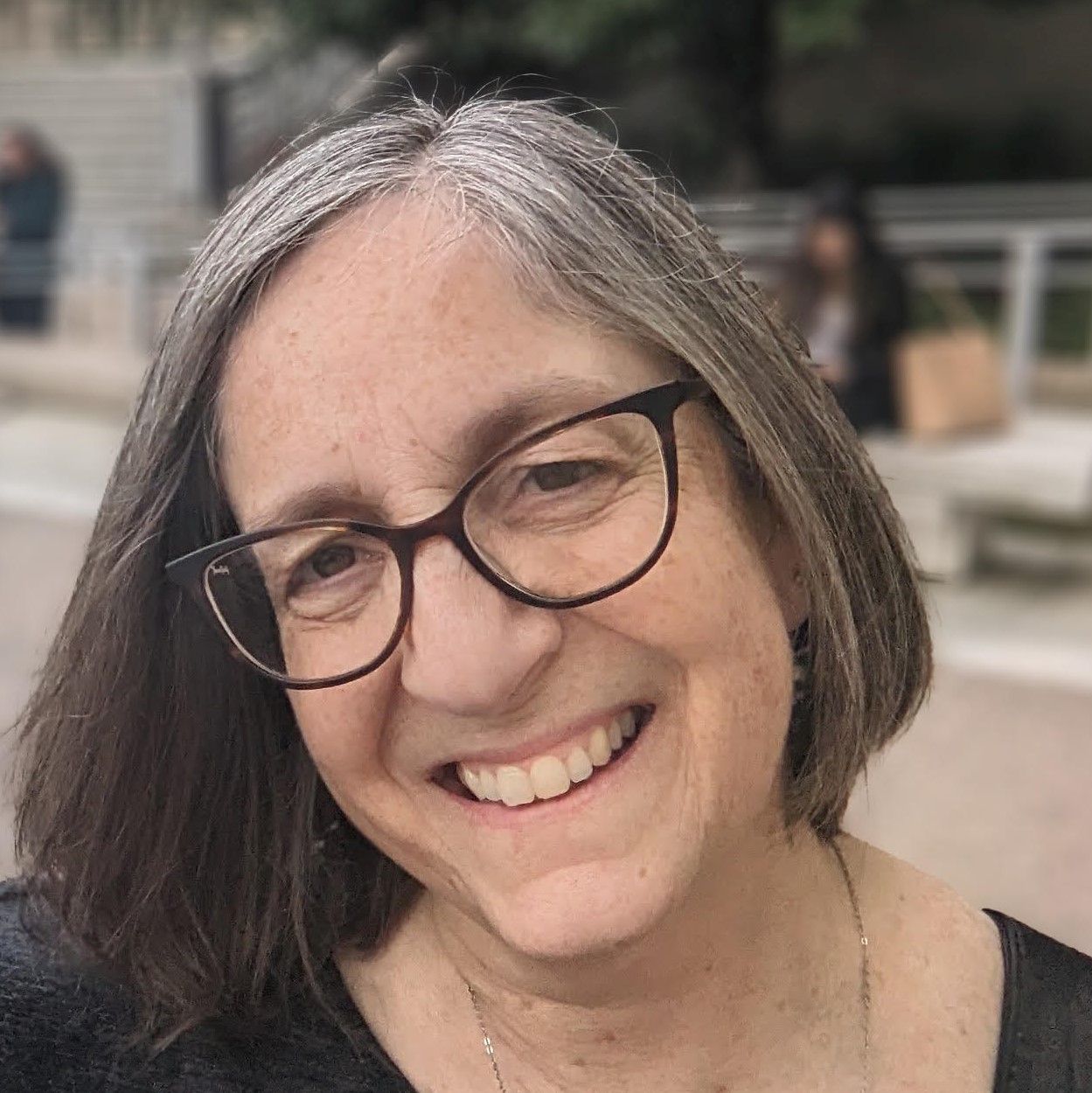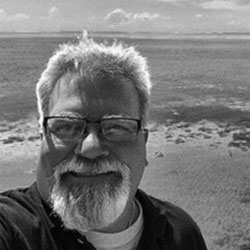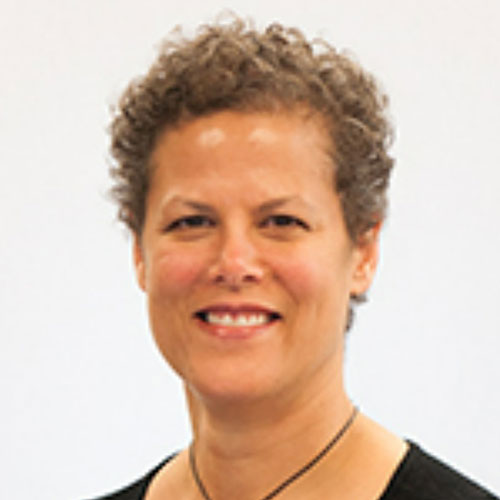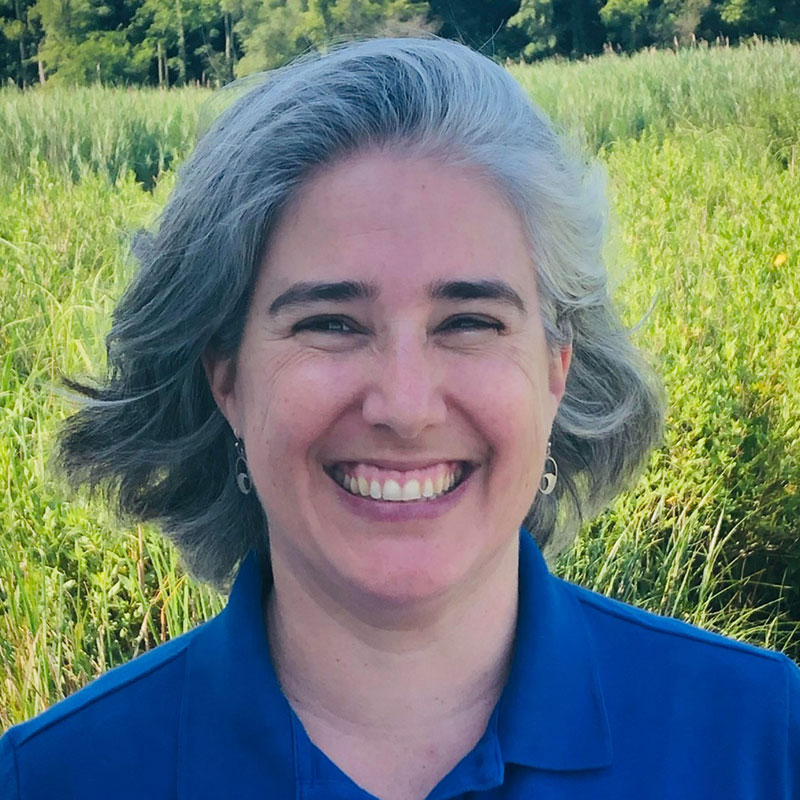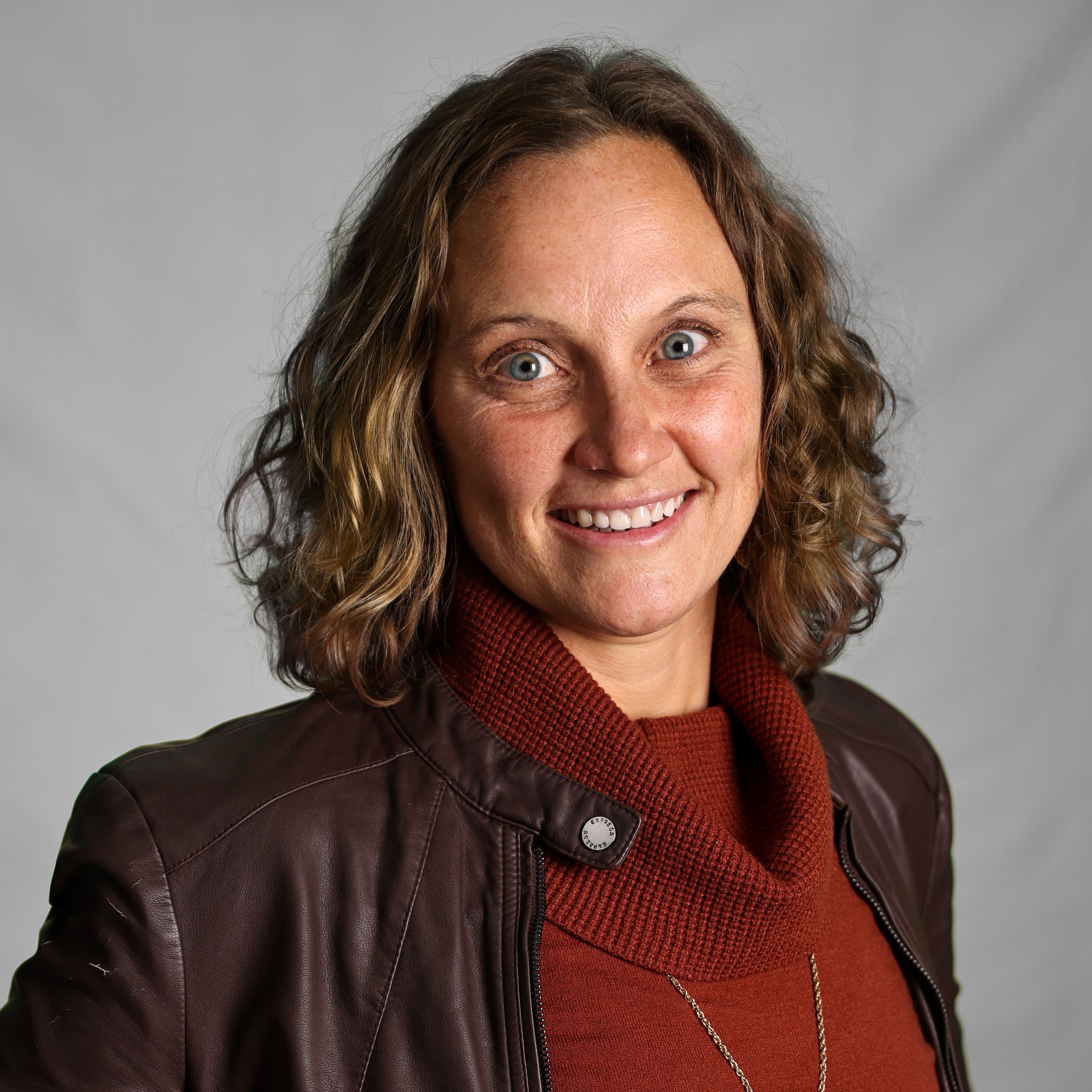The NERRS Science Collaborative is supported by an advisory board, comprised of estuarine and collaborative experts, and NERRS representatives from across the coastal United States. It provides advice on programmatic issues such as program direction, funding priorities, and program evaluation.
Advisory Board
Science Collaborative Advisory Board Chair
Betsy Blair chairs the NERRS Science Collaborative Advisory Board. She has 35 years' experience leading coastal habitat protection initiatives, advancing public policy, and developing collaborative science teams, including many years as manager of the Hudson River National Estuarine Research Reserve.
Coastal Estuarine Research Federation
As CERF Executive Director, Dr. Park supports the Governing Board and the myriad of volunteers that serve the Federation. She serves as a link between the society’s membership and the Board, and serves as liaison, spokesperson and cultural bridge to the CERF Affiliate Societies, volunteers and partners. Her responsibilities include leadership and oversight of CERF's biennial scientific conference, their scientific journal Estuaries and Coasts, and CERF's day-to-day business operations. She received her Ph.D in oceanography from the University of Delaware.
Coastal States Organization
Vidya Balasubramanyam is the Research, Science and Program Director for the Coastal States Organization. In her role she coordinates multi state projects relating to mitigating coastal hazards, restoring shoreline habitat, and enhancing equitable climate resilience of coastal communities. She works in close coordination with coastal zone management programs and federal agencies across the nation to advance coastal science and management priorities with an emphasis on meaningful and authentic ways to center social justice issues in coastal management work.
Integrated Ocean Observing System (IOOS) Association
Kristen Yarincik is Executive Director of the IOOS Association, a non-profit organization dedicated to the successful implementation and growth of the U.S. Integrated Ocean Observing System (IOOS) and its mission to deliver sustained quality and timely information about our oceans, coasts, and Great Lakes. Previously, Kristen served as Vice President and Director of Research and Education at the Consortium for Ocean Leadership, where she managed programs that facilitated multi-sector collaboration for advancing ocean science community priorities. Kristen 20+ years of experience leading community building and convening efforts around topics and issues of community-wide interest, including ocean observation; marine biodiversity; ocean education and workforce development; and addressing harassment. Kristen holds a master's degree in Earth science (paleoceanography) from Boston University and a bachelor’s degree in Geoscience from Boston College.
National Estuarine Research Reserve Association
Rebecca Roth is the executive director of the National Estuarine Research Reserve Association. She works with Congress and the National Oceanic and Atmospheric Administration to support annual budget appropriations and legislative priorities that enhance the value of all reserves for their many partners and stakeholders. She also works closely with NOAA and other federal agencies to help shape regulations and policies to sustain healthy estuaries nationwide. Rebecca earned her Masters of Arts Degree in Public Administration and Policy at San Francisco State University and her Bachelor’s degree in Public Administration and City Planning at San Diego State University.
National Estuarine Research Reserve System (NERRS) Sectors
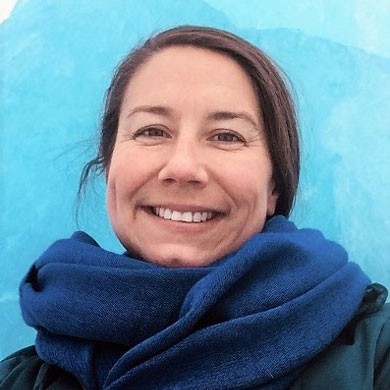
Syverine Bentz
Coastal Training Program Coordinator, Kachemak Bay National Estuarine Research Reserve
As a Research Professional with the University of Alaska, Syverine has served as PI or collaborative lead for science transfer, research and catalyst projects and ensures meaningful engagement and process co-development in collaborative initiatives at Kachemak Bay NERR. Her work focuses on facilitating knowledge sharing and maintaining reciprocal relationships with Alaskan communities, local experts, agencies, and colleagues nationwide to help shape reserve priorities and connect resources to decision-makers. She coordinates the Coastal Training Program, providing reserve-based scientific information, access to technologies, and skill-building opportunities to leaders and professionals addressing coastal management issues.
Deanna Erickson is the director and previous education coordinator at the Lake Superior National Estuarine Research Reserve. Her work focuses on organizational leadership, professional development for educators, community engagement and environmental sense of place and she works to center Indigenous and local knowledge in the NERRS and beyond. She lives, works and paddles in Ojibwe Anishinaabe country on the St. Louis River/Chi-gami ziibi at the headwaters of Lake Superior, the largest surface of freshwater on earth.
Dr. Grothues has a Research Faculty appointment as a fish ecologist at Rutgers University, and is Research Coordinator for Jacques Cousteau National Estuarine Research Reserve. He has extensively studied abundance and distribution of fishes as responses to physical factors, and is experienced in cross-disciplinary collaborations with biologists, physical and geological oceanographers, commercial fishers, and engineers, as well as Federal, State, municipal, and private-sector resource managers.
Sarah Nuss serves as the Education Coordinator for the Chesapeake Bay National Estuarine Research Reserve, focusing on providing education and outreach for the local K-12 audience, including field experiences for students, professional development for teachers, and outreach programs for the general public. She is the co-PI for the Virginia Scientists & Educators Alliance (VASEA), focused on training graduate students on science communication and translating research into K-12 education products. Her research interests include student and teacher environmental literacy, preparation of pre-service teachers to utilize outdoor learning, and technology use within environmental education.
Katie Swanson is a Stewardship Coordinator at the Mission-Aransas National Estuarine Research Reserve. As SC of the Reserve, Katie promotes the importance and necessity of conservation and the environment. She works closely with the Reserve partner landowners, specifically Fennessey Ranch outside of Bayside. She has research experience with marsh, mangrove, grassland prairie and sea grass monitoring and surveying, invasive species, habitat restoration, and marine debris.
National Estuary Program
Pam DiBona brings 25 years’ experience in the public, nonprofit, and private sectors to her position as Director of MassBays National Estuary Program. She has expertise stretching from organizational development and strategic planning to ocean and coastal science, gained through positons at the New England Aquarium, Massachusetts Department of Conservation and Recreation, the Environmental League of Massachusetts, and the Charles River Watershed Association. Pam earned a B.A. in Biochemistry from Connecticut College, and an M.S. in Environmental Microbiology and a Graduate Certificate in Critical and Creative Thinking, both from UMass Boston.
National Park Service Cooperative Ecosystem Studies Unit
Dr. Tom Fish serves as program administrator for the national CESU Network, working across government, academia, and NGO communities to facilitate collaborative research, technical assistance, education and capacity building in support of natural and cultural heritage science and stewardship. His work spans a range of topics including global change, aquatic and terrestrial ecosystem conservation, environmental values, training for protected area managers, and federal financial assistance. Tom previously held positions with NOAA Human Dimensions of Coastal Management, USDA Forest Service Social and Economic Dimensions of Ecosystem Management, Rookery Bay National Estuarine Research Reserve, and Newfound Harbor Marine Institute. He holds a Ph.D. in conservation biology (U. Minnesota), M.S. in science education (Florida Tech), and B.A.s in biology and German (Concordia College).
NOAA Office for Coastal Management
As the Chief of the Stewardship Division for NOAA's Office for Coastal Management, Joelle helps support and coordinate national priorities and strategies for statutory and other national coastal partnership programs. Noelle has worked at NOAA since 1992 and has served as the Acting Chief of the Office of Ocean and Coastal Resource Management's Coastal Programs Division and the Acting Deputy Director for the Office of Ocean and Coastal Resource Management. She received her B.A. in Architecture and Design from the University of Texas at Austin and an M.A. in Planning from the University of Virginia.
Restore America's Estuaries
Hilary Stevens is the Coastal Resilience Senior Manager at Restore America's Estuaries. She oversees the Blue Carbon and Living Shorelines programs. She is a geologist and environmental scientist with extensive experience in coastal resource management. Hilary has worked on coastal issues and climate change adaptation around the US and globally, with an emphasis on using best-available science to address community needs and improve resource management. She has a particular affinity for island communities, stemming from her time working in Saipan, Northern Mariana Islands, and as a Peace Corps volunteer in the Philippines. She holds a master's from Yale University and a B.S. from Wesleyan University.
Rutgers University, Department of Marine and Coastal Sciences
Lisa Auermuller serves as the Administrative Director of Rutgers’ NSF-funded Megalopolitan Coastal Transformation Hub (MACH). In this role, Lisa is the central manager of overall operations of the multi-institution effort. Lisa establishes mechanisms for collaborative sharing of findings among project partners, conducts regular outreach to promote coordination and collaboration with government agencies, and community leaders, and facilitates meaningful and routine collaboration and sharing among project partners.
Prior to 2023, Lisa was the Assistant Manager of the Jacques Cousteau National Estuarine Research Reserve (JC NERR) in Tuckerton, NJ where she had been employed since 2002. Lisa oversaw the day-to-day management of JC NERR’s Coastal Center as well as the Reserve’s education, outreach, communications, and Coastal Training Program.


